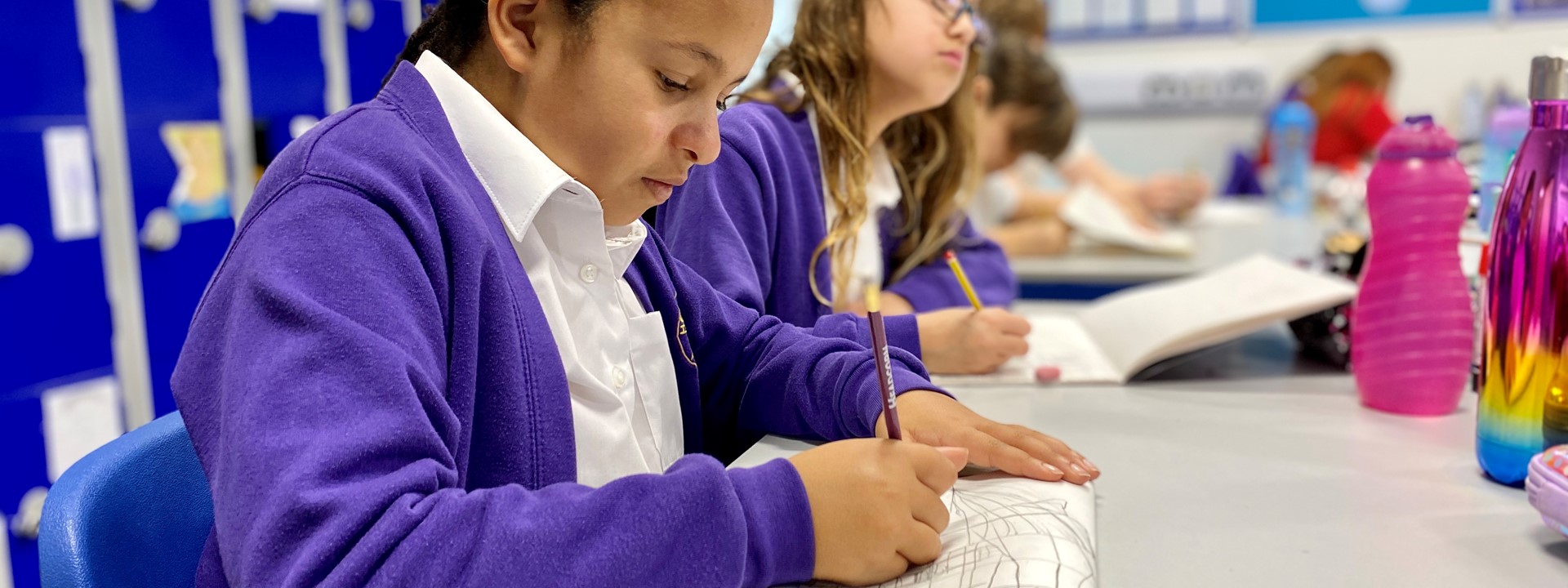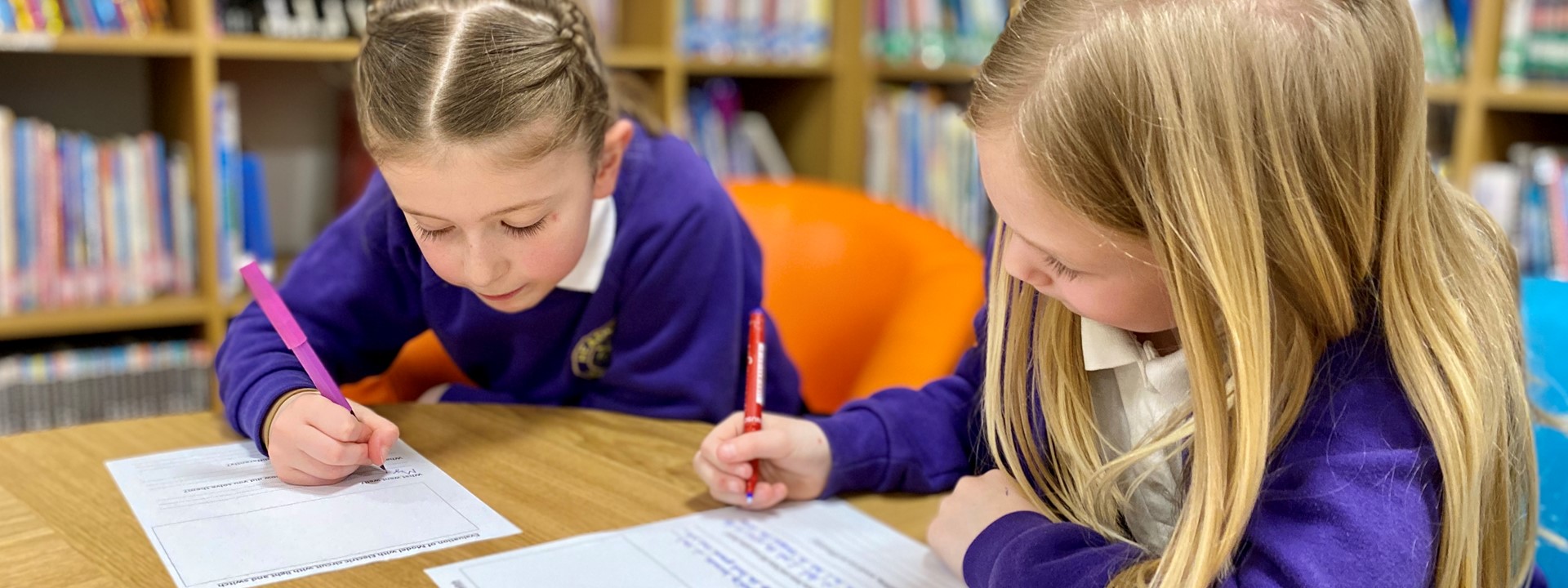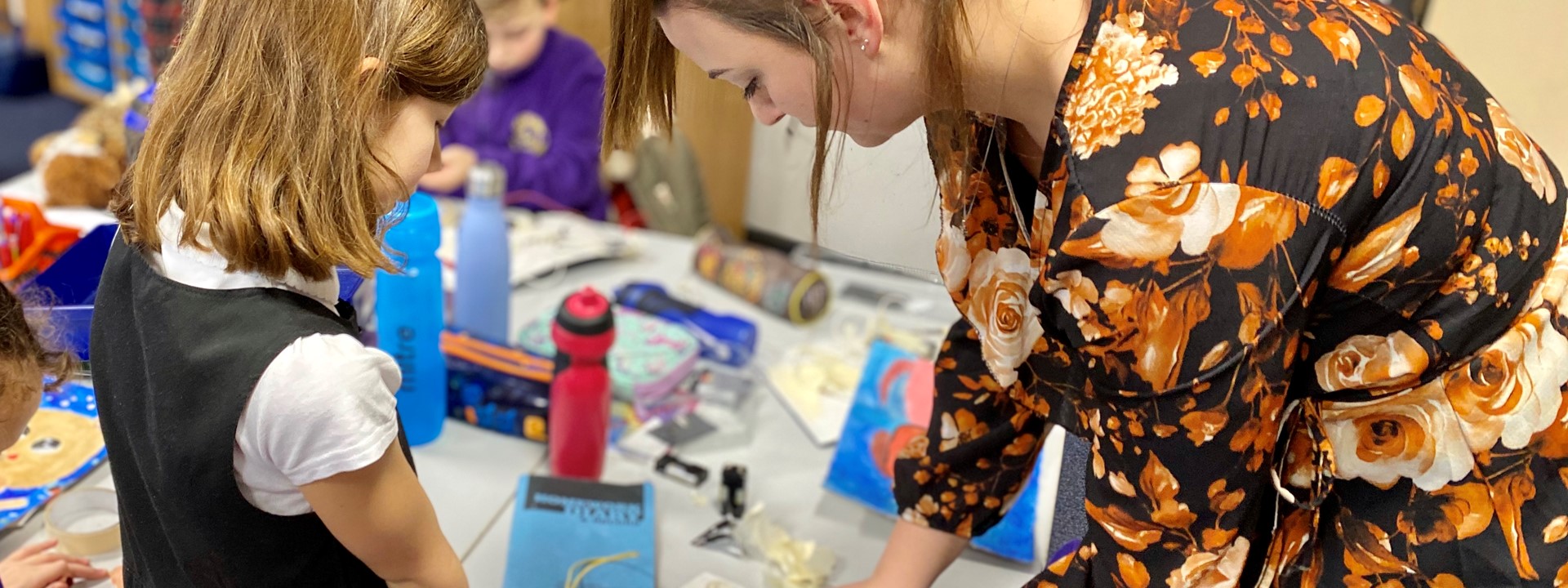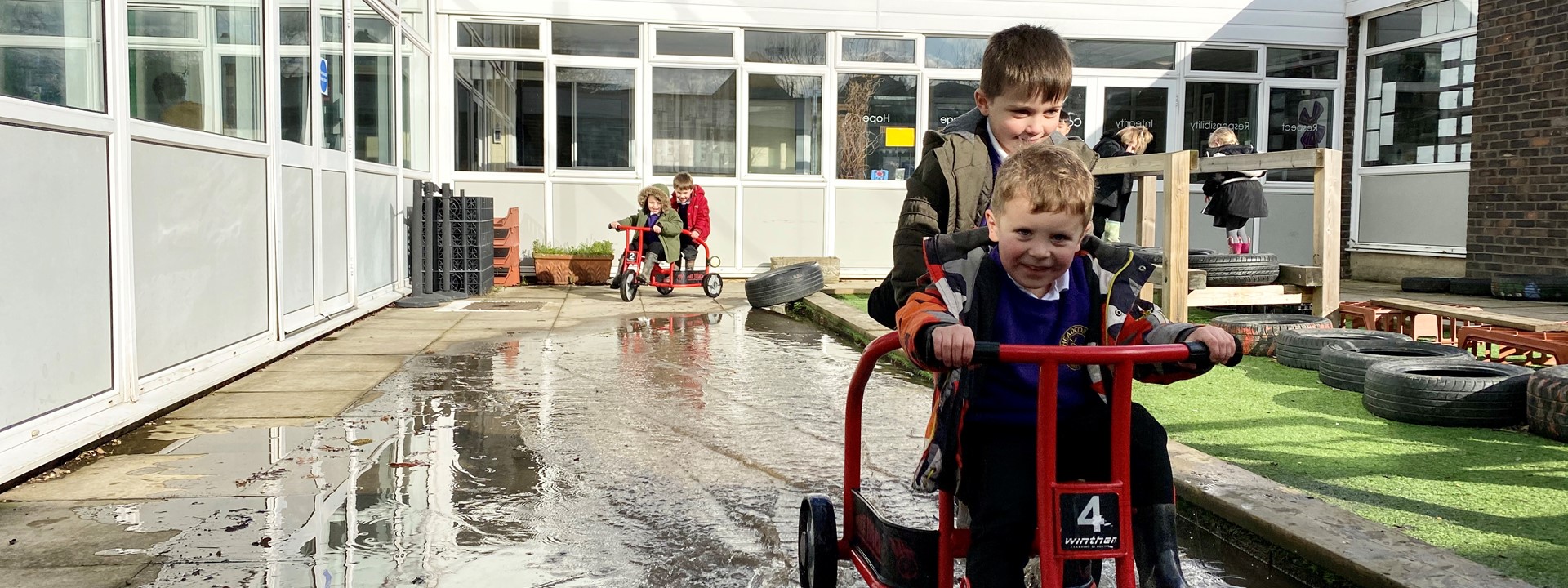Social, Moral, Spiritual, Cultural Education
All National Curriculum subjects provide opportunities to promote pupils' spiritual, moral , social and cultural development. Explicit opportunities to promote pupils' development in these areas are provided in Religious Education (RE) and the non-statutory framework for personal, social and health education (PSHE) and citizenship at key stages 1 and 2. A significant contribution is also made by school ethos, effective relationships throughout the school, collective worship, and other curriculum activities.
At Headcorn Primary School we pride ourselves on the promotion of our school's core values of respect, reponsibility, integrity, compassion, courage and hope which impact each pupil's SMSC development. This is also supported by our Learning Skills curriculum which are taught through the range of curriculum areas.
We also have developed links with our community to expose our pupils to the diversity of the British culture. These links include: celebrating individual cultures across the school community, the churches in Headcorn, supporting the elderly community, involvement in village events and memorials, raising money for charities, working with The Big Cat Sanctuary, working with our local library, strong links with our Community Warden and PCSO.
We have a citizenship award which is presented in Celebration Assemblies in recognition of a pupil's exceptional effort in service to our community and for being an ouststanding representative of our school.
Religious Education
The historical and cultural roots of the United Kingdom lie with Christianity.
Since the arrival of St. Augustine to the present day, Kent remains central to the growth of Christianity. Today this continues to be reflected by Canterbury Cathedral being the centre of the worldwide Anglican Church.
Kent has always been an important geographical gateway for the United Kingdom. This has created a richness and diversity of faith that results in a vibrant and dynamic community. Kent’s unique position also presents exciting opportunities for its citizens to explore faith and culture in the wider world community.
React is a scheme of work followed by Headcorn Primary School in conjunction with the Canterbury Diocese material that is an active and creative response to this tradition and diversity in Kent.
It seeks to develop in our young people, the skills and processes which will enable them to engage with their own world views and those of others.
Our vision for high quality Religious Education is founded on:
Exploring faith in action
Reflecting upon ultimate questions
Affirming and challenging one’s own beliefs and values
Investigating the beliefs and practices of others
Developing the skills, attitudes and processes of learning in Religious Education
The contribution of Religious Education to the Early Learning Goals
The Early Learning Goals set out what most children should achieve by the end of the Foundation Stage. The six Areas of Learning identified in these are :
1. Personal, social and emotional development
2. Communication, language and literacy
3. Mathematical development
4. Knowledge and understanding of the world
5. Physical development
6. Creative development
Religious Education can enrich children’s experience and understanding by making an active contribution to planning and teaching all these areas*. Indeed, knowledge of religions, beliefs and cultures is vital to achieve some of
the Early Learning Goals.
Key Stage 1: Christianity and at least one other principal religion:
Hinduism as the principal religion, Judaism as a subsidiary
A religious community with a significant presence locally, where appropriate.
Key Stage 2: Christianity and at least two other principal religions:
Judaism and Islam. Sikhism is introduced at a subsidiary level in Year 6 to provide a ‘bridging unit’ for transition to year 7. A religious community with a significant presence locally, where appropriate a secular world view, where appropriate.
Withdrawal from the R.E curriculum.
Parents have the right to choose whether or not to withdraw their child from
RE without influence from the school. Alternative learning will be made available.



